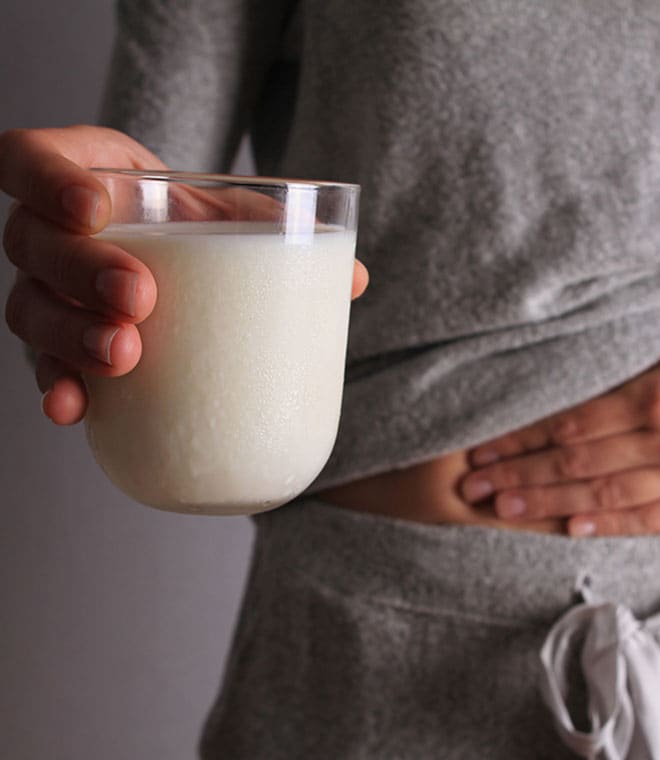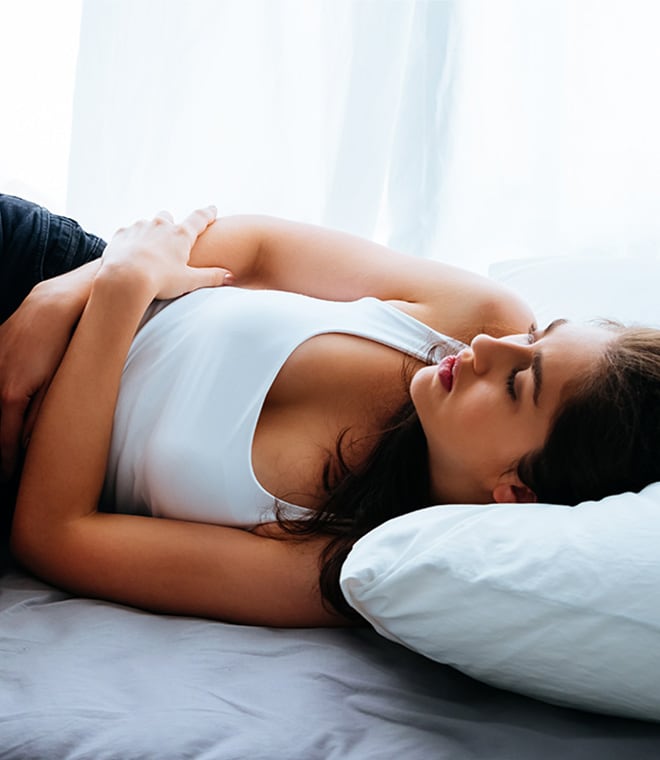Health
What are some common constipation remedies?
By Jenilee Matz, MPH May 15, 2025 • 5 min
Constipation is a common problem, sending more than 2.5 million Americans to their healthcare provider each year. If you feel constipated, you likely want immediate relief. Thankfully, there are several ways to help treat constipation, including home remedies and medications.
Constipation basics
In general, constipation is described as having fewer than three bowel movements per week. Other symptoms can include:
- Struggling or straining to have a bowel movement
- Lumpy or hard stools that are difficult to pass
- Feeling like you can't fully empty your rectum after a bowel movement
- Feeling like something is blocking your rectum, keeping you from having a bowel movement
- Needing help to empty your rectum, such as by pressing on your abdomen
Occasional constipation can affect anyone from time to time. However, some people experience chronic constipation that affects their daily lives. Constipation may be considered chronic if you experience two or more symptoms for a duration of at least three months.
Occasional constipation usually occurs when waste moves too slowly through the digestive system. This may be due to a low-fiber diet, not drinking enough fluids, not getting enough exercise, taking certain medications or changing your routine. Chronic constipation can be caused by another health issue, such as a blockage in the rectum or colon or a problem with the nerves or muscles involved in having a bowel movement.
Conditions that cause hormonal changes, such as pregnancy, diabetes or thyroid issues, can also cause constipation because hormones help balance fluid levels in the body. In some cases, the cause of constipation is never known.
Lifestyle changes
In most cases, constipation can be treated at home with behavioral changes. Try the following natural remedies to prevent and ease constipation:
- Drink plenty of fluids: This can help move foods through the digestive tract. Make sure you're taking in enough water and other fluids each day.
- Consume enough fiber: This adds bulk to stool and can increase how often you have bowel movements. Foods that contain fiber include fruits, vegetables, whole grains and beans. Adults should generally strive for 25–35 grams of fiber each day.
- Get regular exercise: Being physically inactive can raise your risk of constipation. Aim for 150 minutes of exercise each week or five 30-minute sessions. Check with your healthcare provider before you increase your activity level.
- Try bowel training: Your healthcare provider may recommend bowel training, with the goal of having a bowel movement at the same time every day. This can alleviate constipation by helping you become more regular. Try to go after a meal, since eating helps your colon remove stool. Give yourself plenty of time, use the bathroom as soon as you feel the urge to go, relax your muscles or elevate your feet on a footstool for added comfort.
- Discuss your medications and supplements with your healthcare provider: If certain medications or supplements are causing your constipation, your healthcare provider may alter the dose or timing of your medicine. They may also suggest a different medication that doesn't cause constipation. Never stop taking any medication without talking to your provider.
If behavior changes don't bring you relief, talk to your healthcare provider. They may recommend you try an over-the-counter (OTC) laxative for a short time. There are several types of laxatives, including fiber supplements, osmotic agents, stool softeners, lubricants and stimulants. Ask your healthcare provider which type is best for you. In general, you should only try stimulant laxatives if you have severe constipation and other treatments haven't worked.
If home remedies and OTC treatments don't relieve your symptoms, your healthcare provider may recommend a prescription medication or suggest biofeedback (therapy that trains the muscles involved in controlling bowel movements). In severe cases, your provider may recommend surgery to treat a blockage or remove your colon if the muscles don't work correctly.
Occasional constipation is common. However, chronic constipation can sometimes be a symptom of another health problem. Reach out to your healthcare provider if you experience severe constipation with abdominal pain, blood or mucus in your stool, or fever.
Updated May 2025.
Sources:
- https://www.mayoclinic.org/diseases-conditions/constipation/diagnosis-treatment/drc-20354259
- https://www.uptodate.com/contents/constipation-in-adults-beyond-the-basics
- https://my.clevelandclinic.org/health/diseases/4059-constipation
- https://www-uptodate-com.mwu.idm.oclc.org/contents/etiology-and-evaluation-of-chronic-constipation-in-adults?topicRef=2003&source=see_link
- https://www.mayoclinic.org/diseases-conditions/constipation/symptoms-causes/syc-20354253
- https://medlineplus.gov/ency/article/003971.htm




